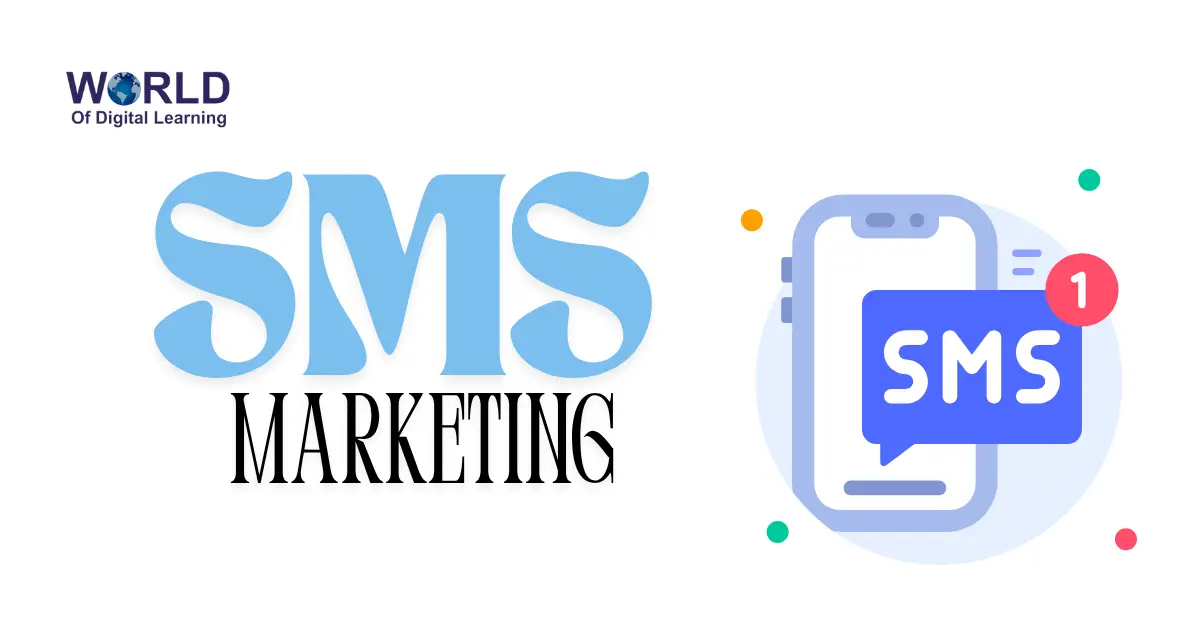SMS marketing is a powerful tool for e-commerce businesses, offering direct, real-time communication with customers through personalized text messages. With open rates as high as 98%, SMS marketing surpasses traditional email in engagement and conversion rates. Effective SMS campaigns include welcome messages with special offers to new subscribers, promotional alerts for flash sales and exclusive discounts, and personalized recommendations based on purchase history. Automated SMS notifications—such as order confirmations, shipping updates, and abandoned cart reminders—enhance the customer experience while boosting sales. Best practices emphasize obtaining explicit customer consent through opt-in forms and ensuring concise, clear messages within a 160-character limit. Segmenting audiences allows tailored messaging that resonates with different customer groups, improving relevance and response rates. Overall, SMS marketing provides a cost-effective, immediate, and personalized way to enhance customer loyalty, drive repeat purchases, and increase revenue for eCommerce brands.
Table of Contents
SMS marketing through Portals
SMS marketing through portals offers businesses a streamlined, scalable way to reach customers directly on their mobile devices with personalized and timely text messages. Popular SMS marketing portals like SlickText, Salesmsg, and Twilio provide easy-to-use interfaces and automation features that allow companies to build subscriber lists, schedule bulk messages, and segment audiences for targeted campaigns. These platforms facilitate compliance with opt-in regulations and offer tools like interactive web forms, surveys, and loyalty programs to engage customers effectively. Integrations with CRMs and marketing software enhance personalization, enabling businesses to send relevant product offers, reminders, and promotions. Advanced portals leverage AI-powered segmentation and automation to optimize send times and message content, boosting open and conversion rates. Overall, SMS marketing portals simplify campaign management while maximizing reach and engagement, offering a cost-efficient channel to drive sales and build customer loyalty in a mobile-first digital landscape.
Connecting SMS APIs
Connecting SMS APIs enables businesses to automate and streamline their customer communication by integrating SMS messaging functionality directly into their applications or platforms. An SMS API acts as a bridge between an application and an SMS gateway, allowing businesses to send transactional alerts, promotional offers, and real-time updates without manual effort. Integration with popular platforms like eCommerce sites, CRMs, or customer support tools ensures timely and personalized messaging, enhancing customer engagement and satisfaction. Key steps involve generating API credentials, configuring message templates, and setting up automated triggers aligned with business workflows, such as order confirmations or delivery notifications. Compliance with legal regulations like GDPR and TCPA is crucial to maintain trust and avoid penalties. Advanced SMS APIs also provide delivery reports and analytics for monitoring campaign effectiveness. Overall, connecting SMS APIs offers scalable, efficient, and reliable communication that strengthens customer relationships and drives business growth.
Writing SMS Content
Writing SMS content requires precision, clarity, and a personalized touch to make the most of the 160-character limit. The message should be concise yet engaging, focusing on one clear objective—whether it’s promoting a sale, sending a reminder, or confirming an order. Leading with value is crucial; start with the benefit or purpose to grab attention immediately. Use a friendly, conversational tone that reflects the brand’s personality without sounding too formal or overly promotional. A strong call to action (CTA) must be included to guide recipients on the next step, such as “Shop now,” “Reply YES,” or “Limited time offer.” Personalization, like using the customer’s name or referencing past purchases, enhances relevance and response rates. Always comply with opt-in regulations and include clear instructions on how to opt out to build trust. Timing also matters—sending messages during business hours increases the likelihood of engagement and a positive reception.
Managing Contact on SMS
Managing contacts on SMS marketing platforms is vital to maintaining engagement, compliance, and campaign effectiveness. The process begins with obtaining explicit consent from recipients, ensuring your contact list only includes users who have opted in for messages, which supports legal compliance and builds trust. Regularly updating and segmenting the contact list based on demographics, purchase history, and behavior allows for personalized, targeted communication that resonates with different customer groups. It is equally important to remove inactive or opted-out contacts to avoid sending unwanted messages, which can harm reputation and lead to carrier blocks. Maintaining up-to-date contact information and preferences enhances message deliverability and campaign ROI. Clear opt-out instructions should be provided in every message, giving recipients control over their subscription. By managing contacts efficiently and respectfully, businesses create meaningful connections, reduce spam complaints, and maximize the impact of their SMS marketing efforts.

 September 30, 2025
September 30, 2025  4 Min
4 Min  No Comment
No Comment 